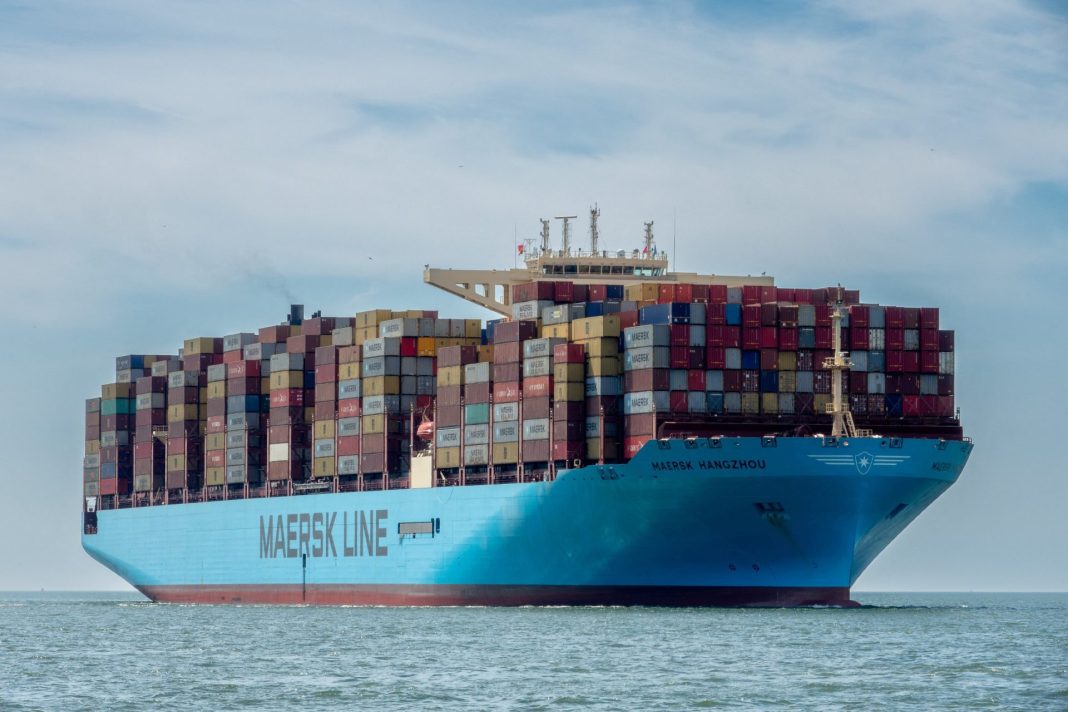IMO Secretary-General Arsenio Dominguez condemned the recent series of attacks on international vessels claimed by Yemen’s Houthis, emphasizing that such acts disrupt trade and are unacceptable under international law.
“The initial targets were ships with links to Israel, but this doesn’t seem to be the case at the moment,” Dominguez said.
Dominguez highlighted the economic and logistical repercussions of these threats while noting that 18 shipping companies have rerouted around South Africa, adding 10 days to journeys and increasing freight rates.
Dominguez stated the IMO remains committed to monitoring the situation and collaborating with member states, industry partners and naval forces.
A group of countries led by the United States have also warned Yemen’s Houthis of “consequences” unless they stop their attacks on Red Sea shipping vessels.
“Let our message now be clear: we call for the immediate end of these illegal attacks and release of unlawfully detained vessels and crews,” said the statement released by the White House on Wednesday.
“The Houthis will bear the responsibility of the consequences should they continue to threaten lives, the global economy and free flow of commerce in the region’s critical waterways,” it added.
The United Kingdom, Australia, Canada, Germany and Japan are among the 12 signatories. The only country in the Middle East to sign the statement was Bahrain.
The statement comes after several reports that US President Joe Biden’s administration is considering direct strikes on the rebels if the attacks continue.
The Houthis have announced that their attacks in the busy waterway are an act of solidarity with the Palestinians in Gaza and that they are targeting ships with links to Israel.
The attacks have forced some of the world’s biggest shipping and oil companies to suspend transit through one of the world’s most important maritime trade routes, which could potentially cause a shock to the global economy.
The US has sent an aircraft carrier, the USS Dwight D Eisenhower, to the area and earlier announced a coalition of countries to protect movement in the Red Sea, through which 12 percent of global trade passes.
